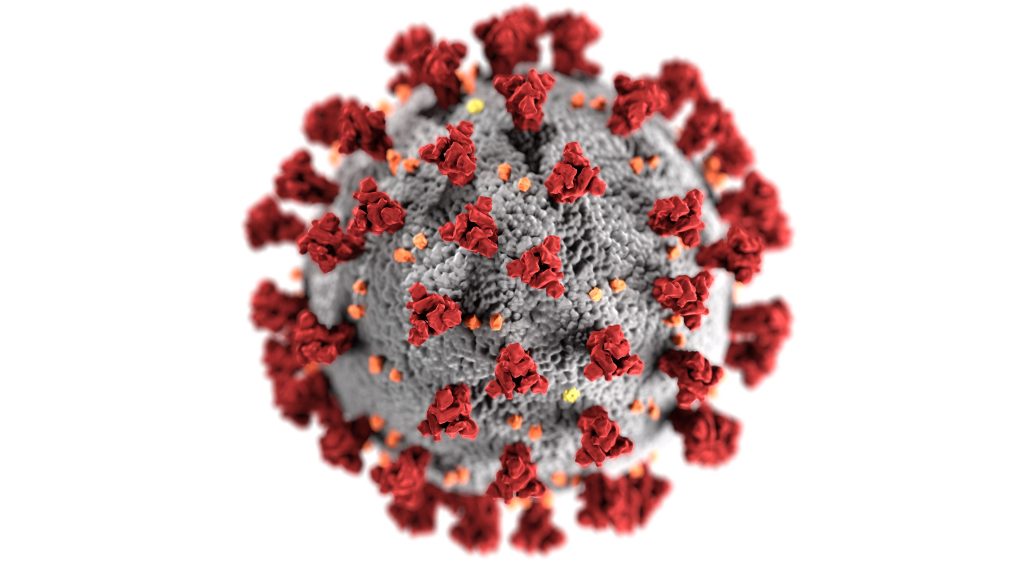The Food and Drug Administration (FDA) recent gave emergency approval to a vaccine that Pfizer-BioNTech developed to prevent the novel coronavirus from causing COVID-19. Based on preliminary data supplied by Pfizer, the FDA concluded that the vaccine “may be effective in preventing COVID-19. The data also support that the known and potential benefits outweigh the known and potential risks.”
The vaccine must be administered in two doses. Side effects typically occur after the second dose. According to the FDA’s approval notice, side effects most often include “pain at the injection site, tiredness, headache, muscle pain, chills, joint pain, and fever.” Side effects may last for several days.
British authorities warned that the vaccine should not be administered to individuals who have severe allergic reactions (anaphylaxis) to a medicine or food. Some American health officials suggest that people with a history of anaphylaxis should wait to be vaccinated or should be monitored by a doctor for fifteen minutes after the vaccine is administered.
Pfizer’s stage 3 testing found that the vaccine was 95% effective in preventing COVID-19. How long the vaccine will provide protection is not yet known. It is clear, however, that a vaccine only prevents a viral infection from causing a disease. It does not kill the virus. People who receive the vaccine are therefore capable of spreading the virus to others.
The availability of a vaccine — either Pfizer’s vaccine or others that are on the horizon — does not eliminate the need for social distancing and mask wearing, at least in the short term. Since vaccinated people can still spread the virus, responsible steps to avoid infecting others will remain essential until a large majority of the population has been vaccinated.
Vaccine Controversies
Most vaccines are given to children. They protect children from measles, mumps, chickenpox, and other childhood diseases that were once common. Many adults, including many older adults, receive a “flu shot” or influenza vaccination each year to protect against seasonal flu — a condition that causes substantially fewer deaths than COVID-19. Seniors commonly protect themselves from shingles by taking the Shingrix vaccine.
Given their demonstrated history of effectiveness, vaccinations have become surprisingly controversial. Evidence-based controversies surround the cost-benefit analysis of continuing to administer vaccines for diseases that are no longer prevalent. Controversies that find less support in evidence are sparked by anti-government sentiment, distrust of the pharmaceutical industry, discredited claims that vaccinations cause autism, or the belief that it is better for children to experience than to avoid high-risk diseases.
Whether the larger controversy surrounding vaccinations will affect the willingness of seniors to be vaccinated against COVID-19 is unclear. Polling suggests that many people are unwilling, at least in the near future, to be vaccinated. Some of those people generally support vaccination but worry about the speed with which COVID-19 vaccines have been developed and approved.
Seniors and COVID-19 Vaccinations
Based on its testing, Pfizer reports that its vaccine is more than 94% effective in adults over 65. It also said that the vaccine’s side effects are not serious.
A CDC advisory committee recently voted to prioritize distribution of COVID-19 vaccines to residents and staff of long-term care facilities. Dr. Helen Kiepp Talbott, a dissenting member of the CDC advisory committee, expressed concern that safety studies have not focused on residents of long-term care facilities. While the data suggests that the elderly do not experience a higher rate of adverse events than younger people, Dr. Talbott worried that long-term care facilities might not be equipped to monitor potential adverse effects from vaccinations.
The limited scientific evidence at this point suggests that FDA-approved vaccines will be safe and effective for most people, including most seniors. However, only 2.1% of study participants who received the Pfizer vaccine were 75 years old and over with pre-existing medical conditions. Based on that study limitation, Children’s Health Defense is advocating further study of the vaccine’s efficacy and safety for the elderly residential population. While it would be useful to have more extensive senior-specific data, no study suggests that the vaccine is unsafe for seniors.
Seniors who do not reside in long-term care facilities will probably need to wait until the vaccine is more widely available before they can receive vaccinations. There are logistical problems with distributing a vaccine that requires sub-Antarctic storage temperatures. By that point, the FDA will have received reports of any adverse events experienced by seniors who receive the vaccine while residing in long-term care facilities. That data should help the FDA identify issues involving administration of the vaccine to older people.
Whether to be vaccinated, like the decision to take any new medication, is one that seniors should make after consulting with a trusted physician. No two people are alike. A physician who is familiar with a patient’s health history is in the best position to advise seniors when and whether they should receive a COVID-19 vaccination. By the time the vaccine is widely available, physicians should have more data to help them give that advice.
